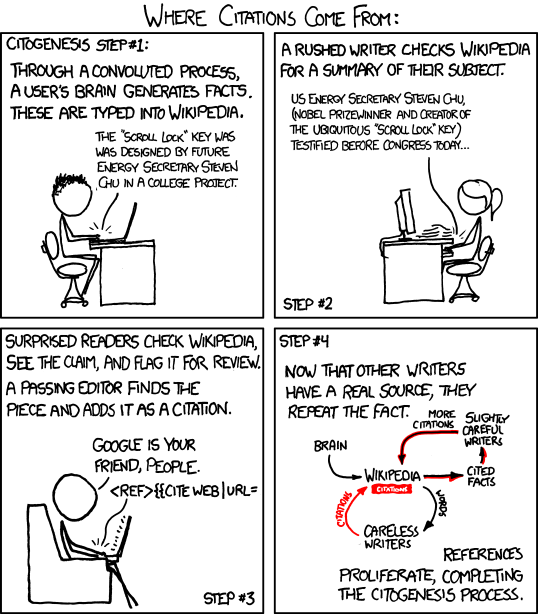Over on the wow forums, I've been noticing an increasing amount of disagreement about optimal hunter builds and play. This includes which secondary stats are best; when a secondary stat is better than a primary; where shots fit in the opener, and even right now where shots fit in the rotation. There are better theorycrafters than I who will answer what's best at any given time, so that's not what this post is about; what I did want to talk about is how we make those decisions/declarations.
The first part is the Best in Slot lists. Over at Elitist Jerks and other places, there are some incredibly competitive hunters, trying every combination of gear and reforging possible, trying to find a gear set that will out-perform what had previously been thought of as the Best in Slot. This is so precise that they have to make separate gear lists for Orcs and for Trolls, who, depending on the gear, have the best dps racials in the game.
Then on top of that, they'll take all of that gear and stat information, and test it out with various different rotations. What happens if I cast Kill Command before Serpent Sting? What happens if i cast Rapid Fire before Bestial Wrath vs after?
I'm not trying to tell anyone that these findings aren't debatable. Debate until your heart's content, but test things out before you try to tell someone else what is what. We as hunters, and really we as a society, are terrible about this. We read something about stats on a blog (much like this one) last year, and now we fight adamantly when anyone who claims something else is right, when we haven't even verified our own source.
And that, to me, is the key. It's fine to take someone else's word for something. We couldn't get by in life without doing that to some extent. But if we are presented with data contrary to that previously held idea, it's time to either go back and gather data which you can present in opposition, or it's time for the idea to change; it's not, on the other hand, time for name-calling and mud-slinging.


No comments:
Post a Comment